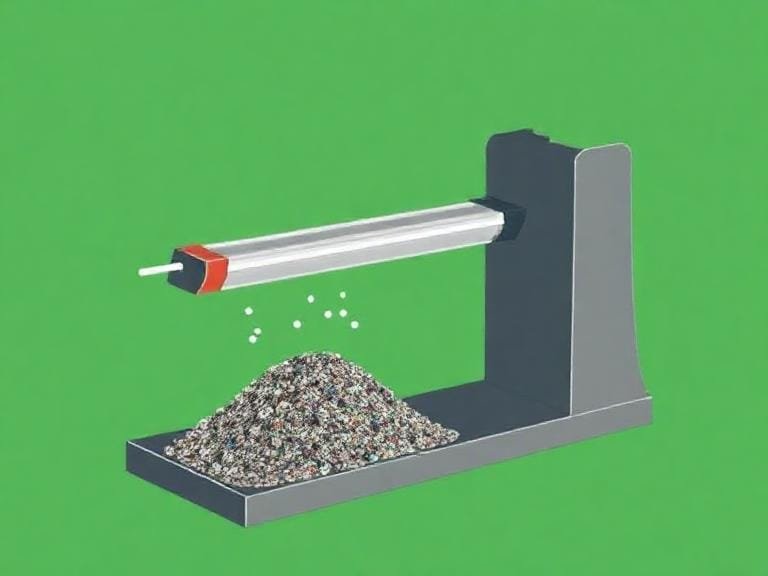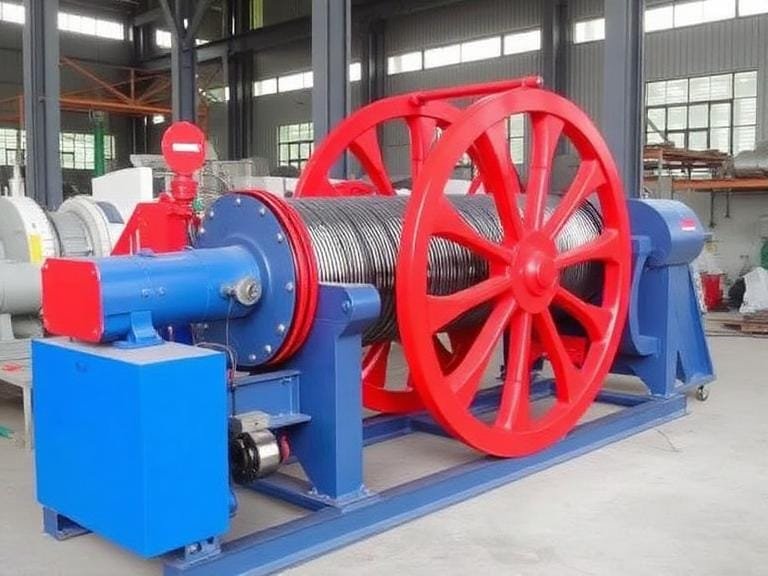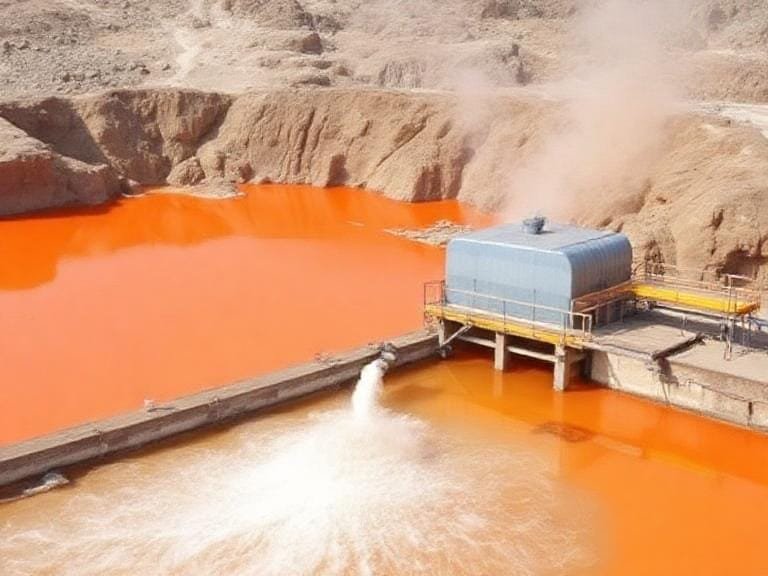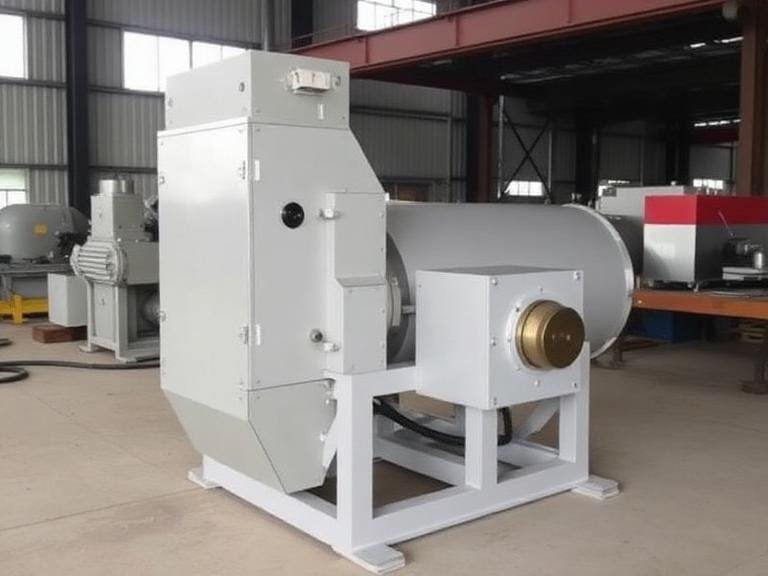6 Steps of Sand Washing Process : A Complete Guide 2025
The sand washing process is a critical stage in producing high-quality sand for construction, concrete, glassmaking, and industrial applications. By removing impurities such as clay, silt, dust, and other contaminants, washed sand ensures durability, strength, and performance in end products. This article explores the step-by-step sand washing process, the equipment used, and the innovations brought by manufacturers like ORO Mineral.
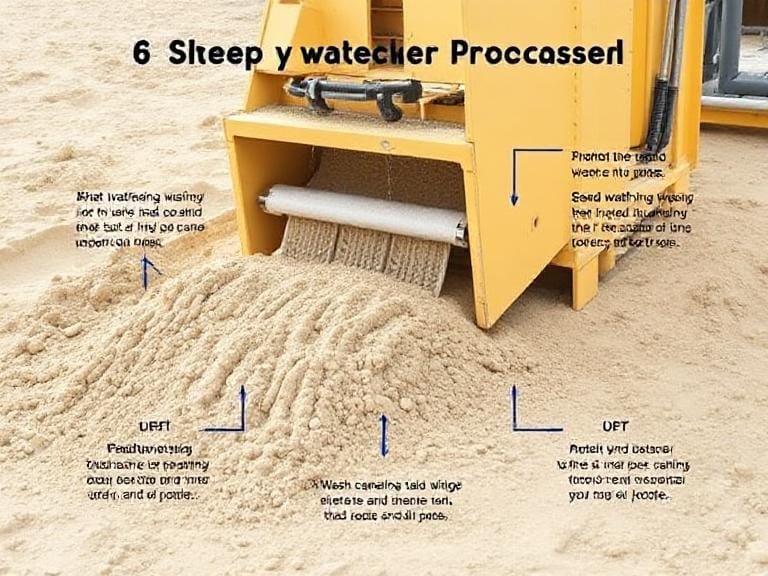
Table of Contents
- Why Sand Washing is Important
- Step-by-Step Sand Washing Process
- Sand Washing Equipment
- ORO Mineral: Leading Sand Washing Equipment Manufacturer
- Applications of Washed Sand
- Summary Table: Key Sand Washing Steps
- References
Why Sand Washing is Important
Raw sand often contains impurities that compromise quality. The sand washing process ensures that the final product meets industry standards by removing clay, salts, and fine dust. This process guarantees:
- Improved durability of concrete and mortar.
- Higher purity for glass and industrial applications.
- Better workability in construction projects.
- Sustainability by recycling water and reducing waste.
Step-by-Step Sand Washing Process
Step 1: Feeding
Sand is transported from quarries or rivers to the washing plant. Conveyors, trucks, or hoppers deliver raw materials to the system.
Step 2: Screening
Large particles, stones, and unwanted debris are removed using vibrating screens or grizzly feeders. This ensures only sand and fine materials move forward.
Step 3: Washing
Sand enters washing units where high-pressure water jets remove dirt, clay, and silt. Different washing machines are used depending on capacity and sand type.
Step 4: Desliming
Fine clay and ultra-small particles are separated from sand. Hydrocyclones or classifiers are typically used in this step.
Step 5: Dewatering
After washing, excess water is removed using dewatering screens. This step ensures sand reaches the desired moisture content for transport and use.
Step 6: Recycling & Waste Management
Recovered water is filtered and reused, while waste material is properly managed. This reduces environmental impact and improves efficiency.
Sand Washing Equipment
Several machines are essential for efficient sand washing:
- Vibrating Screens – For separating large particles.
- Bucket Wheel Washers – Used for removing impurities with water rotation.
- Hydrocyclones – For desliming and removing ultra-fine particles.
- Dewatering Screens – To achieve the required moisture level.
- Magnetic Separators – To remove unwanted metals.
ORO Mineral: Leading Sand Washing Equipment Manufacturer
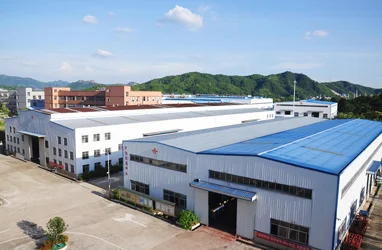
Foshan ORO Mineral Co., Ltd. is a large-scale intelligent mineral processing, screening, and sand washing equipment manufacturer integrating R&D, production, and sales. Since 2014, ORO Mineral has contributed significantly to mineral screening, solid waste recovery, beneficiation, washing, and separation.
With a strong commitment to technology and innovation, ORO Mineral provides advanced machinery that improves efficiency and sustainability in sand washing plants.
Our Products:
Why Choose ORO Mineral?
- Proven expertise in mineral and sand processing.
- Continuous R&D for advanced solutions.
- Commitment to customer service and quality.
Applications of Washed Sand
Washed sand is widely used in industries due to its purity and quality. Applications include:
- Construction: Concrete, mortar, plaster, and paving.
- Glass Manufacturing: High-purity silica sand for glass production.
- Foundries: Casting molds for metalwork.
- Water Filtration: Filter media in treatment plants.
- Sports & Landscaping: Golf courses, playgrounds, and artificial beaches.
Summary Table: Key Sand Washing Steps
| Step | Process | Purpose |
|---|---|---|
| 1 | Feeding | Transport raw sand to plant |
| 2 | Screening | Remove large particles and debris |
| 3 | Washing | Eliminate clay, silt, and impurities |
| 4 | Desliming | Separate fine particles |
| 5 | Dewatering | Reduce moisture for usability |
| 6 | Recycling & Waste Management | Recover water and manage byproducts |
References
- ORO Mineral Official Website
- ScienceDirect: Sand Washing Overview
- Metso Mineral Processing Solutions
- Weir Minerals Sand Washing Equipment

